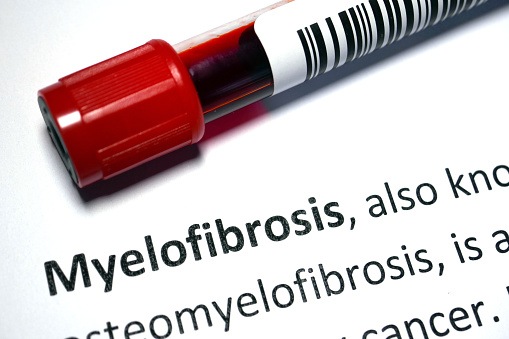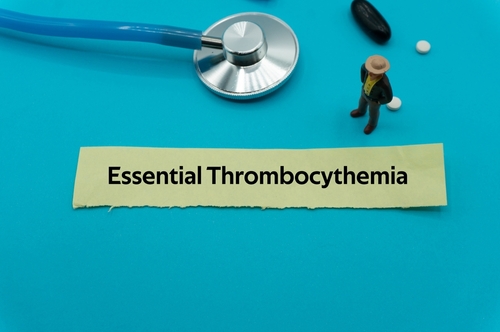
Bluebird Bio, a Massachusetts-based biotech company, has recently been awarded regulatory approval for its beta thalassemia gene therapy. ZYNTEGLO, the brand name of the gene therapy, received a conditional approval from the European Commission, meaning that the decision was made with less data than usually required for new therapies. These approvals are only given for therapies that treat life-threatening diseases, and as part of this approval, Bluebird will have to submit further data in an annual renewal process.
Beta thalassemia is a rare blood disorder caused by a mutation in the hemoglobin gene. Hemoglobin is the protein in red blood cells that carries oxygen, therefore the condition can lead to lack of oxygen-rich blood varying in magnitude based on the level of hemoglobin the patient can produce. Symptoms can include fatigue, headaches, and shortness of breath.
In severe cases, patient can require lifelong blood transfusions every two to four weeks. Such frequent transfusions can cause excess buildup of iron in the organs, which is only removed via chelation therapy. Another treatment route for beta thalassemia is a bone marrow transplant, however this technique proposes health risks and not all patients qualify for it as well.
ZYNTEGLO gene therapy offers a treatment option for these transfusion dependent patients aged 12 years and older. The actual therapy is a genetically modified CD34+ cell-enriched population that contains hematopoietic stem cells (HSCs) that have been modified to contain the βA-T87Q-globin gene.
Preparation of ZYNTEGLO involves the removal of hematopoietic stem cells from the patient, having a virus insert a functional copy of the beta globin gene into these cells, and reintroducing these functional stem cells to the patient. Chemotherapy is applied to the patient before reintroduction of stem cells to prepare the bone marrow for these modified cells.
Infusing these modified stem cells into patients enables them to independently produce enough hemoglobin to reduce or even eliminate the need for transfusions. Bluebird feels that ZYNTEGLO will serve as a one-time treatment that yields lifelong benefits.
The company notes that in Phase 1 and 2 clinical trials, 11 of the 14 patients who underwent treatment were able to discontinue blood transfusions and maintained independence of transfusions until the end of the 56-month study. The Phase 3 trial is still in progress, but Bluebird reports that four of the five participants no longer need transfusions. The only side effects observed with the therapy so far include hot flush, pain in the abdomen, chest and extremities, and difficulty breathing. One case of platelet deficiency (thrombocytopenia) was observed in a patient and could potentially be related to ZYNTEGLO treatment.
Bluebird recently announced that ZYNTEGLO will likely launch in early 2020 with a price tag of $1.8 million. This makes the gene therapy the second most expensive treatment in the world behind Novartis AG’s $2.1 million Zolgensma, which is intended to treat patients with spinal muscular atrophy.
Zynteglo, therapy for beta thal majorhttps://t.co/eDr0GPIvq3
— Philip McCarthy (@PLMcCarthyMD) June 20, 2019
Sources: Bluebird Bio, Xconomy, BiopharmaDive







 © 2025 Mashup Media, LLC, a Formedics Property. All Rights Reserved.
© 2025 Mashup Media, LLC, a Formedics Property. All Rights Reserved.